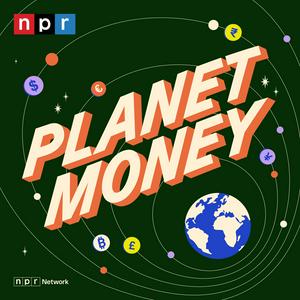Investieren lernen - Aktien, Geldanlage, Trading, Investing, Immobilien, Vermögen, reich werden, passives Einkommen, Trading, Momentum, Value, Optionen, Börse, Anleihen, Geld anlegen, Bitcoin, Crypto, Startup, ETF, passiv Investieren, Altersvorsorge
Wirtschaft, Geldanlage


